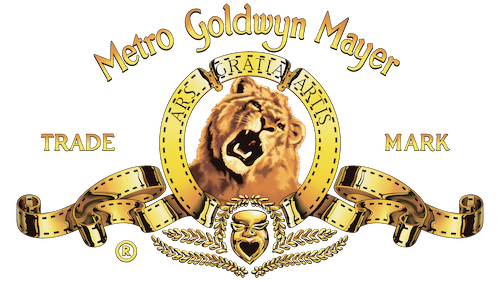Isadore "Friz" Freleng is a director who worked at MGM during the late-30s. He and one of his fellow directors, Chuck Jones, dominated the Warner Bros. animation studio after Leon Schlesinger left in 1944.
Early career[]
Freleng was born in Kansas City, Missouri, where he began his career in animation at United Film Ad Service. There, he made the acquaintance of fellow animators Hugh Harman and Ub Iwerks. In 1923, Iwerks' friend, Walt Disney, moved to Hollywood and put out a call for his Kansas City colleagues to join him. Freleng, however, held out until 1927, when he finally moved to California and joined the Walt Disney studio. He worked alongside other former Kansas City animators, including Iwerks, Harman, Carmen Maxwell, and Rudolph Ising. While at Disney, Freleng worked on the Alice Comedies and Oswald the Lucky Rabbit cartoons for producers Margaret Winkler and Charles Mintz.
Freleng soon teamed up with Harman and Ising to try to create their own studio. The trio produced a pilot film starring a new Mickey Mouse-like character named Bosko. Looking at unemployment if the cartoon failed to generate interest, Freleng moved to New York City to work on Mintz' Krazy Kat cartoons, all the while still trying to sell the Harman-Ising Bosko picture. The cartoon finally sold to Leon Schlesinger, who soon secured Harman and Ising to star Bosko in the Looney Tunes series he was producing for Warner Bros. Freleng soon moved back to California to work with Harman and Ising once again. Friz Freleng would work under Schlesinger for a few years.
Metro-Goldwyn-Mayer[]
In late 1938, Freleng left Schlesinger's after accepting an increase in salary to direct for the new Metro-Goldwyn-Mayer cartoon studio headed by Fred Quimby. To Freleng's chagrin, he found he would be working on The Captain and the Kids, adapted from the popular comic strip, The Katzenjammer Kids. The series failed to achieve much success, much as Freleng had predicted. Though skillfully animated, the characters could not compete with the "funny animals" that prevailed at the time. After the series was terminated, Freleng went back to Warner Bros in early 1940.
